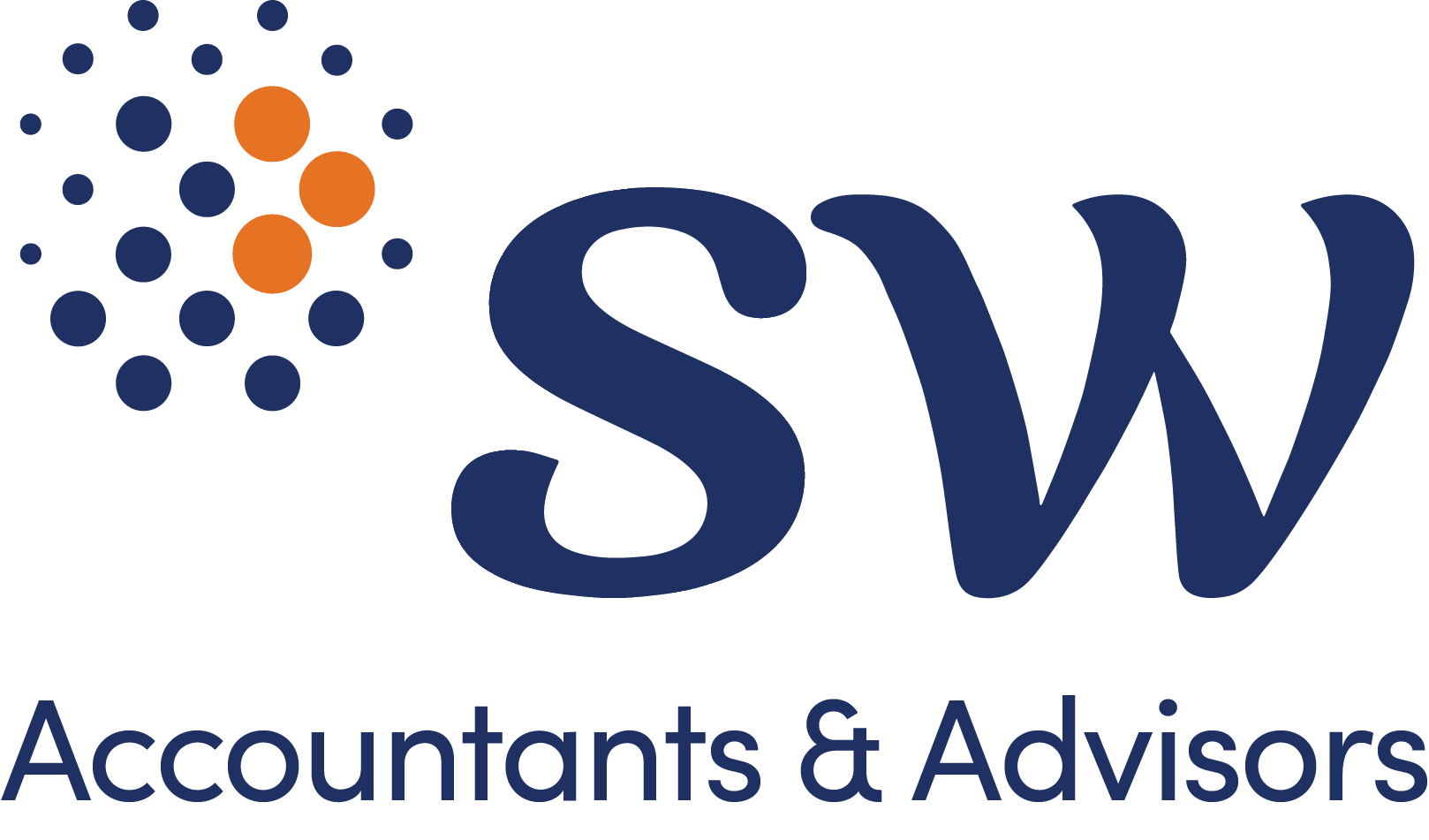
Wage theft criminalised in Victoria
30/09/2021
Consider the related financial, reputational and compliance risks for your business
On 1 July 2021 wage theft became a crime in Victoria and it is expected that other states will follow.
The Wage Theft Bill 2020 creates new employee entitlement offences, comprising wage theft offences and new record keeping offences. It is designed to capture employers who falsify or fail to keep records for the purposes of concealing wage theft.
The key objective of the Bill is to ensure that employers who withhold employee entitlements dishonestly are held to account and protect vulnerable employees from exploitation.
The new law states that employers who dishonestly withhold wages, superannuation or other employee entitlements could be fined up to $198,264 for individuals, $991,320 for companies and be sentenced to up to 10 years’ jail.
Directors of companies / Council members have a legal responsibility to ensure the company meets its Pay As You Go (PAYG) withholding and Superannuation Guarantee Charge (SGC) obligations. If the company does not meet these obligations, Directors / Council members may become personally liable for a penalty equal to these amounts.
Payroll health check
In light of these new laws and given the number of organisations that have been publicly identified to have underpaid employees we urge all businesses to undertake a payroll health check. The health check will ensure that all entitlements, including superannuation, are accurately determined and paid in compliance with the current ATO requirements to avoid any penalties.
- Underpayments to casual and permanent staff for ordinary pay, overtime and leave loading
- Inconsistencies and incorrect interpretation and payment of payroll entitlements under various Awards
- Underpayment of Superannuation entitlements.
What is the impact?
Financial risks
- Underpayment to employees
- Payroll tax underpayment
- Superannuation underpayment
- WorkCover underpayment
- Annual leave loading underpayment
- Penalties arising from underpayments
Reputation risks
- Staff morale
- Community expectations
- Adverse media attention
- Criminal prosecution
Opportunity
- Self report to avoid potential financial and/or criminal actions
- Meet your social and legal obligations to act in the best interests of your employees
- Be able to potentially claim a corporate tax deduction for the payment of underpaid superannuation
- Receive a reduction of potential penalties that can be up to 200% of the total underpaid superannuation.
Action required – how we can help
- Review current payroll processes to ascertain compliance with the relevant awards, enterprise agreements and identify if there are any underpayments.
- Through the use of data analytics, quantify the underpayment in addition to the superannuation, annual leave, WorkCover and leave loading liabilities within the required timeframes.
- Review historical superannuation guarantee payments to ensure that any shortfalls are rectified.
- Check that payroll codes are correctly categorised as ordinary times earnings and any awards applied correctly to ensure that employers are meeting their payroll obligations going forward to avoid penalties.
- Maintain auditable records for any external review.
- Liaise with legal advisors re ramifications of underpayments on tax and superannuation liabilities and any provisions required.
- Work with you to identify root causes of the issues, implement required process changes and identification of all costs requiring quantification.
- Work with you to disclose any underreporting of payroll costs to the ATO.
Changes to treatment of casualised workforce
Employers are required to review and reassess their contracts for all casual employees.
Following the landmark decision handed down by the High Court of Australia in the Workpac Pty Ltd v Rossato case and statutory changes to the Fair Work Act 2009 (FWA) in March 2021 with retrospective effect, employers are required to review and reassess their casual labour contracts. Particularly where there is regular and systematic work provided and the employee’s contract has a commitment to future work.
Leave entitlements can be a minefield for employers, especially when relating to casual employees. To help you understand the potential risks and obligations, please read our alert and FAQs.
Get in touch
Through the use of sophisticated data analytics and a review of your current awards, enterprise agreements and payroll processes, SW can assist you to manage your organisation’s payroll and superannuation risks efficiently, as well as identifying potential savings opportunities.
We use our customised data analytics tool to review your payroll records to identify any shortfalls or disclosure concerns.
Rest assured that whilst the Government’s social distancing guidelines are in force, we are able to assist you remotely during this period and are able to provide the full benefits of these services.
Reach out to one of our SW experts below to discuss how we can support you.

